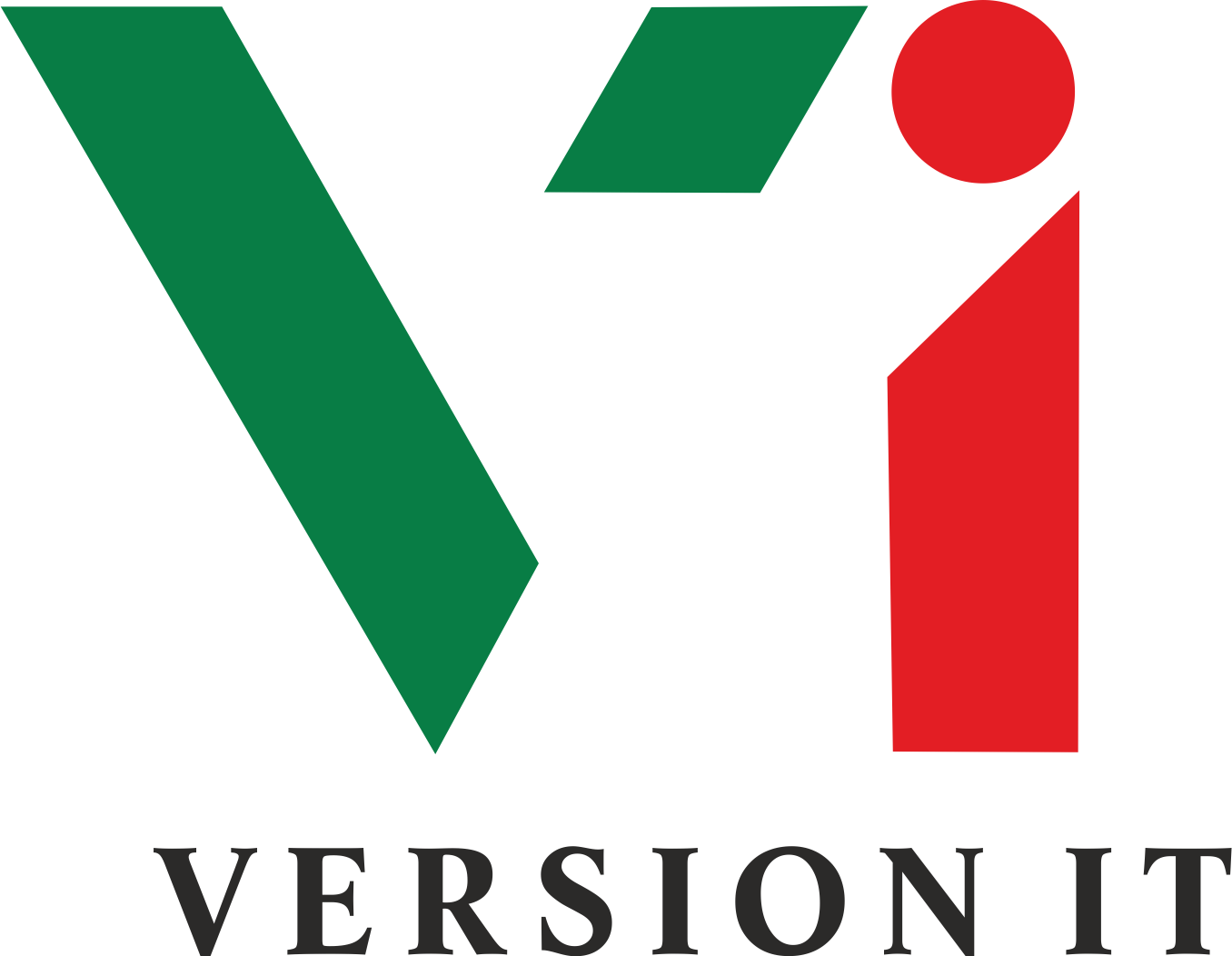Top 9 Medical Coding Myths Debunked: What You Must Know Before Training in Hyderabad
The medical coding career has gained momentum in the healthcare sector over the last few years. Offering opportunities to work flexibly, a stable salary, and quick access to the labor market, lots of individuals are attracted to this sphere. However, to what degree is this hype true?
In case you are planning to take a medical coding training, to jump-start your career, it is necessary to separate myth and reality. This blog explores in depth the stereotypes and provides an honest and transparent look of what the profession is all about.
Myth #1: Medical Coding Is Just Data Entry
One myth that passes is that medical coding is nothing but a monotonous data-entry task. Although coders do input the codes into a system, they are in fact interpreting the complex health information into standard world codes. This involves a strong understanding of medical terminology, anatomy, pharmacology and coding requirements.
Coders are the reviewers who examine the clinical documentation in detail and make judgments to select codes that reflect the correct diagnosis, treatment, and procedures. To make sure that the information is coded correctly, they tend to clarify it with physicians. Coders will have to keep abreast of regulation and changing systems such as ICD-10, CPT, and HCPCS after training. Coding is not mindless, it is painstaking, and it is crucial to the healthcare operations.
Myth #2: You Can Start Earning Big Money Immediately
There is an opinion that medical coding is a quick way to get money. Although certified and skilled coders can have high-paying jobs, particularly those with specialization or in a high-demand field, entry-level positions usually begin at the lower end of the wage scale.
The growth prospect is actual. It takes a short time of experience, other certifications, and accuracy in coding, and professionals will ascend the ladder. The coders get into the auditing, compliance, or management jobs within a couple of years. Good medical coding training institute, such as Version IT, may provide the basis of success in the long term.
Myth #3: It’s a Work-from-Home Dream Job for Everyone
One of the limited areas of healthcare that can be employed remotely is medical coding. But this is not the case with beginners. In the training, most employers need new coders to be on site to ensure quality, accuracy and compliance.
Remote opportunities are increased upon completion of a coder proving themselves. Remote coders must be well-disciplined, have good time management, and work alone, which cannot be applied to everyone. Taking a medical coding course in Hyderabad or any other city that has well-developed health institutions can also increase your chances of being offered an in-office job that can subsequently be converted to a work-from-home position.
Myth #4: Certification Isn’t Necessary If you’re Smart
The other popular myth is that intelligence is all one needs. Individual ability assists in this, but the industry is strict in terms of rules and norms. Employment may require certification by reputable bodies such as AAPC or AHIMA.
Certified coders will have a better chance of being recruited, have better pay and they can get specialized positions. Certification is a sign to employers that you are serious and you have been trained to industry standards. Quality medical coding classes are what you need to be ready to take these certifications and have practical experience to develop self-confidence and precision.
Myth #5: You Don’t Need to Interact with Others
The most common belief about coders is that they do not interact with other people, either co-workers or patients. Although coders do not engage with patients much, they work closely with physicians, billers and other professionals.
Coders may also discuss documentation with physicians, discuss coding with auditors, or liaise with billing offices. Effective communication skills are critical in the resolution of discrepancies and proper record keeping. Even medical coding training online also focuses on communication, teamwork and gentle skills.
Myth #6: Every Medical Coding Job is Remote
It is believed that coding will ensure work-at-home. Only trained coders are normally assigned remote positions. Majority of the novices have to work on-site during training to ensure quality and compliance. Hospitals in Hyderabad and other cities will tend to assist you with job placement in order to help you begin at a clinic.
Myth #7: It’s a Solo Job with No Interaction
This is in contrast to the common misconception that coders do not come into direct contact with doctors, billers, auditors, and members of the team to seek clarifications on documentation or discuss coding matters. Technical knowledge is equal to soft skills, namely communication abilities, problem-solving skills, and attentiveness.
Myth #8: Once You Learn the Codes, You’re Set for Life
The world of coding is never seen as stable. New illnesses arise, rules change and code sets are modified. Continuing education credits may be needed to remain certified. This is why the most important thing about coding classes is to focus not only on passing exams but also on learning to learn all your life.
Myth #9: Medical Coding Is Only About Accuracy, Not Speed
Productivity is also important, as well as accuracy. The coders will handle a fixed amount of charts per hour and at the same time remain precise. Speed and accuracy require practice and training to get a balance. The detailed online coding programs are contained with the real-time chart simulator and productivity benchmarks so that developing this balance is facilitated.
Conclusion: Medical Coding—More Than Meets the Eye
CPC medical coding presents promising opportunities, but it is not a fit and forgets occupation. It requires extensive training, accuracy of focus, lifelong learning and adaptability to changing rules. This is the best thing to understand whether coding is a good fit.
It could be a good first step, whether you have just left school or are switching careers, by taking an online medical coding course. Don’t forget, the position is skilled, committed and honest.

